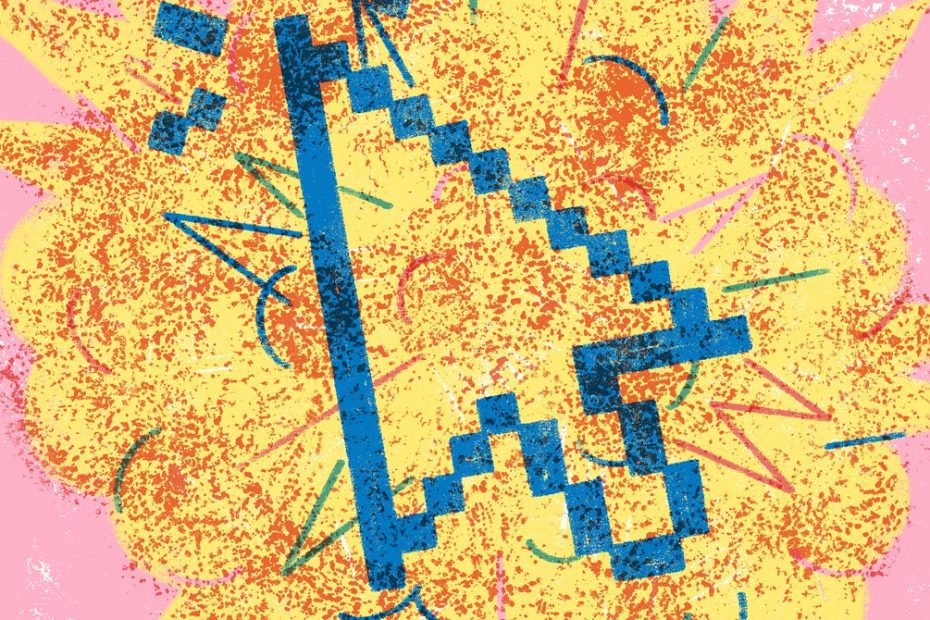The doomers are wrong. AI will not end the world, but it will end the internet as we know it.
AI is already upending the Internet's economic covenant that has existed since the advent of search: a few companies (mostly Google) provide the demand, and creators provide the supply (and get some ad revenue or recognition from it out). AI tools already generate and summarize content, eliminating the need for users to click through to content providers' sites, disrupting the balance.
Meanwhile, an ocean of AI-powered deepfakes and bots will make us doubt what is real and erode people's trust in the online world. And as big tech companies – who can afford the most data and computing power – continue to invest in AI, they will become even more powerful, further closing off the rest of the open internet.
The advance of technology is inevitable. I don't draw attention to this to shout for the sky to fall or to stop progress. We need to help individual users gain some control over their digital lives. Thoughtful government regulation could help, but often slows innovation. Trying a one-size-fits-all solution can create as many problems as it solves. And let's face it: users are not going to withdraw from their online lives.
Major technological movements often converge – think of the rise of social, cloud and mobile computing in the 2000s. This time is no different: AI needs blockchain-compatible computing. Why? First, blockchains enforce ownership. Blockchains can make credible commitments to ownership, payouts, and power. A decentralized network of computers – not a large corporation, nor any other centralized intermediary – validates transactions and ensures that the rules and data cannot be changed without consensus. Smart contracts automate and enforce these property rights, creating a system that ensures transparency, security and trust, giving users full control and ownership over their digital lives. For creators, this means the ability to decide how others, including AI systems, can use their work.
Another fundamental property right that blockchains can enforce is identity. If you are who you say you are, you can sign a statement, cryptographically, confirming this. We could spread our identity across the Internet without having to rely on third parties. Onchain identities can also help separate real users from bots and impostors. In the 1990s, no one on the internet knew if you were a dog. Now people can know for sure whether you are a dog or a bone. By 2025, I expect to see more 'evidence of humanity' on the internet, thanks to recent advances in these technologies.
By 2025, blockchains will be used to create tamper-proof records of original digital content, a bulwark against deepfakes. When a video, photo or audio recording is made, blockchains can provide and store a unique digital fingerprint. Any change to the content changes that signature, making it easy to detect tampering. Blockchains can also store metadata and verification certificates from trusted sources, further guaranteeing the authenticity of the content.
Finally, by 2025, blockchains will help realize the Internet's original ideals and foster a more creative, open, and diverse web. Right now, users are dependent on a few internet giants – the same ones that are investing so heavily in AI (and calling for regulation to keep out smaller competitors). Websites and apps that were once open have added paywalls, restricted or closed their APIs, deleted their archives, edited previous content without permission, and added intrusive banners and ads. By 2025, blockchain alternatives will offer more choice, open source innovation and community-controlled options. They will carry the torch of the open internet. Crypto will take power away from big tech companies and put it back in the hands of users.

